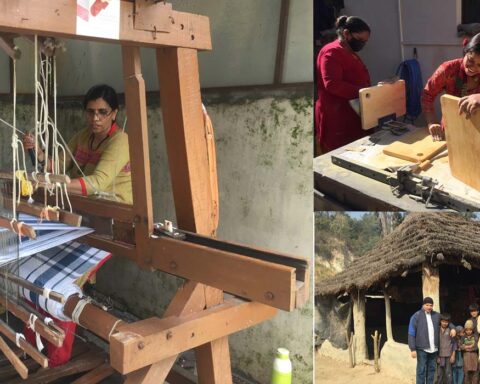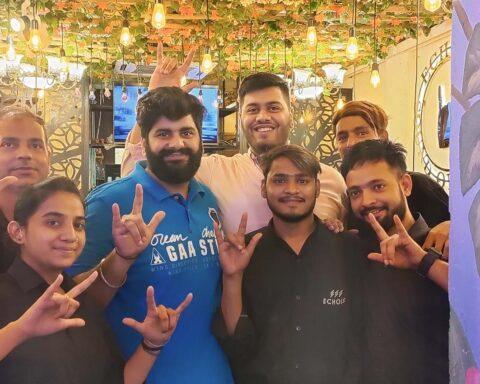Sri Lanka has defaulted on its debt for the first time in the country’s history as the island nation struggles with its worst financial crisis triggered by global shock waves from the pandemic and the war in Ukraine, according to media reports.
Sri Lankan Central bank governor P Nandalal Weerasinghe said on Thursday that the country had fallen into a “pre-emptive default” on its debts after the expiry of a 30-day grace period for missed interest payments on two of its sovereign bonds.
Sri Lanka’s Prime Minister has warned of a food shortage and vowed the government would buy enough fertiliser for the next planting season as the island nation battles a devastating economic crisis.
A decision in April last year by President Gotabaya Rajapaksa to ban all chemical fertilisers drastically cut yields and although the government has reversed the ban, no substantial imports have yet taken place.
In a series of tweets late on Thursday, Prime Minister Ranil Wickremesinghe noted that the US had forecast a “world food shortage” and identified Sri Lanka and Afghanistan as countries “to be badly affected”.
The island nation of 22 million people is facing acute shortages not only of food, but also medicines and fuel, as its budget deficit climbs to $6.8 billion, or 13 percent of gross domestic product, leaving essential imports out of reach.
Sri Lankan schools were closed and public officials were asked not to come to work in a desperate move to prepare for an acute fuel shortage that is expected to last days, with protests continuing amid the nation’s worst economic crisis in decades.
The Public Administration Ministry asked the public officials — except for those who maintain essential services — to stay home from work Friday “in a view of current fuel shortage and issues in transport facilities” across the country.

























